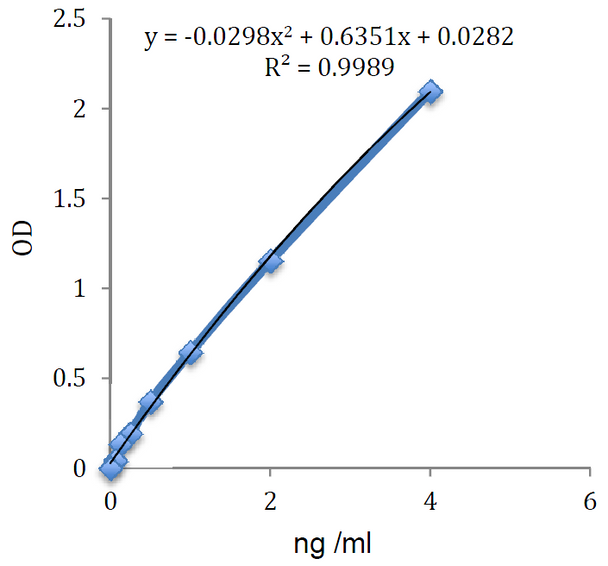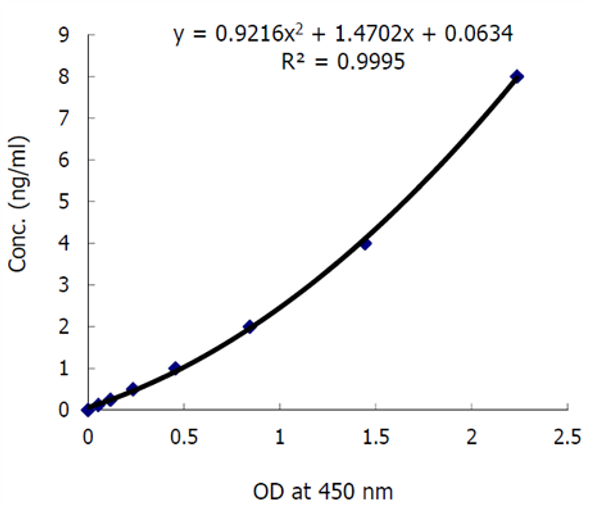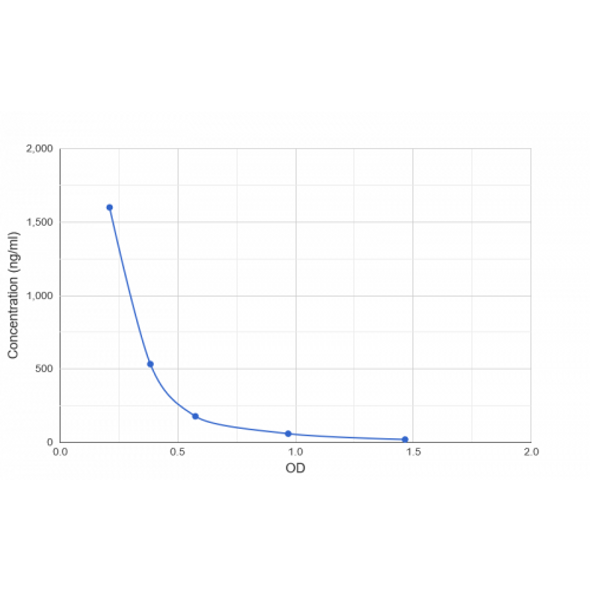Progranulin (human) ELISA Kit | AG-45A-0018YEK-KI01
- SKU:
- AG-45A-0018YEK-KI01
- Availability:
- In Stock
- Package:
- 96 wells
Description
Progranulin (human) ELISA Kit | AG-45A-0018YEK-KI01
Progranulin (PGRN) is a widely expressed pluripotent growth factor that plays a role in processes such as development, wound repair, and inflammation by activating signaling cascades that control cell cycle progression and cell motility. Its function in the central nervous system is of interest, as mutations in the PGRN gene were found in cases of frontotemporal degeneration (FTLD). In addition, PGRN has also been linked to tumorigenesis. New cutting-edge publications have shown that progranulin might be a biomarker not only for FTLD but also for other types of Alzheimer‘s disease (AD). This new data even suppose the potential of progranulin to be a biomarker for MCI (Mild Cognitive Impairment), which would be a hallmark in AD research. Additionally, PGRN is described as a new ligand of TNF receptors and a potential therapeutic against inflammatory diseases like arthritis.
Progranulin expression in plasma predicts GRN mutations status, independently of symptom onset proximity. Progranulin loss-of-function mutations are among the most frequent genetic causes, responsible for 20% of familial FTLD. If a patient carries a mutation in the progranulin gene, it can be detected using AdipoGen's Progranulin (human) ELISA Kit. This is the only and unique kit on the market detecting all mutations of Progranulin [Reference 58].
| Properties | |
|---|---|
| Application Set | Quantitative ELISA |
| Specificity | Detects human progranulin. |
| Crossreactivity | Human |
| Quantity | 1 x 96 wells 2 x 96 wells (Twin Plex) |
| Sensitivity | 32pg/ml |
| Range | 0.063 to 4ng/ml |
| Sample Type | Cell Culture Supernatant Plasma Serum Urine |
| Assay Type | Sandwich |
| Detection Type | Colorimetric |
| Other Product Data | NOTE: The TwinPlex size is supplied as 2 independent SinglePlate Kits from the same lot. |
| Shipping and Handling | |
| Shipping | BLUE ICE |
| Short Term Storage | +4°C |
| Long Term Storage | +4°C |
| Handling Advice | After standard reconstitution, prepare aliquots and store at -20°C. Avoid freeze/thaw cycles. Plate and reagents should reach room temperature before use. |
| Use/Stability | 12 months after the day of manufacturing. See expiry date on ELISA Kit box. |







